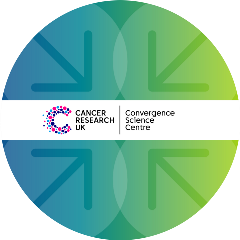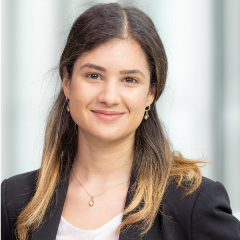
BSc Biological Sciences (Immunology Hons) (Second year direct entry) from the University of Edinburgh. A number of internships in both wet lab and bioinformatics, including in Mark Woolhouse's lab at the University of Edinburgh during my BSc years. Followed by an MSc in Bioinformatics and Theoretical Systems Biology at Imperial College London where my thesis was focused on modelling protein interactions involved in SARS-CoV-2 viral entry with Dr. Alessia David and Professor Michael Sternberg during the COVID-19 pandemic.
I chose this project because of it has allowed me to work at the forefront of innovation in biomedical technologies to create early cancer diagnostics for patient benefit. It has provided me with a platform to use my previous experience in both wet and dry lab whilst growing my skillset and exposing me to novel engineering technologies
I love Formula1 and hope they start using more biosensors for their drivers in the future.
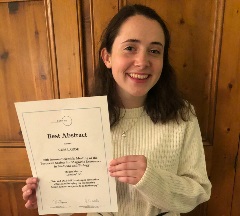
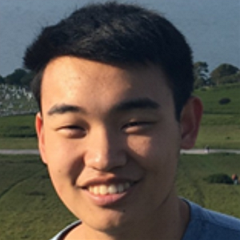
I was finishing my Masters degree in Chemistry in the Balasubramanian lab.
I chose this project because it gave me the opportunity to expand my skills beyond chemistry and because of its translational applications.
I once won a TV (first prize!) in a raffle.
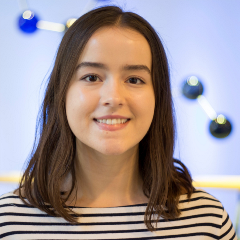
Before starting my PhD I was a research scientist working at AstraZeneca’s Swedish R&D site in Gothenburg. Here I helped develop imaging cell assays to screen nanomedicines (LNPs and extracellular vesicles). I also completed a project in the Data Science & Bioinformatics team, where I analysed patient NGS data and created a pipeline for analysing ribosome sequencing data.
I was excited by the opportunity to combine nanoparticle engineering with MRI (an area that was new toF me) to produce a tool that helps untangle the mechanism underlying breast cancer metastasis.
My Imperial lab moved to Oxford during the final year of my PhD, so this project was carried out across 3 research institutes!
